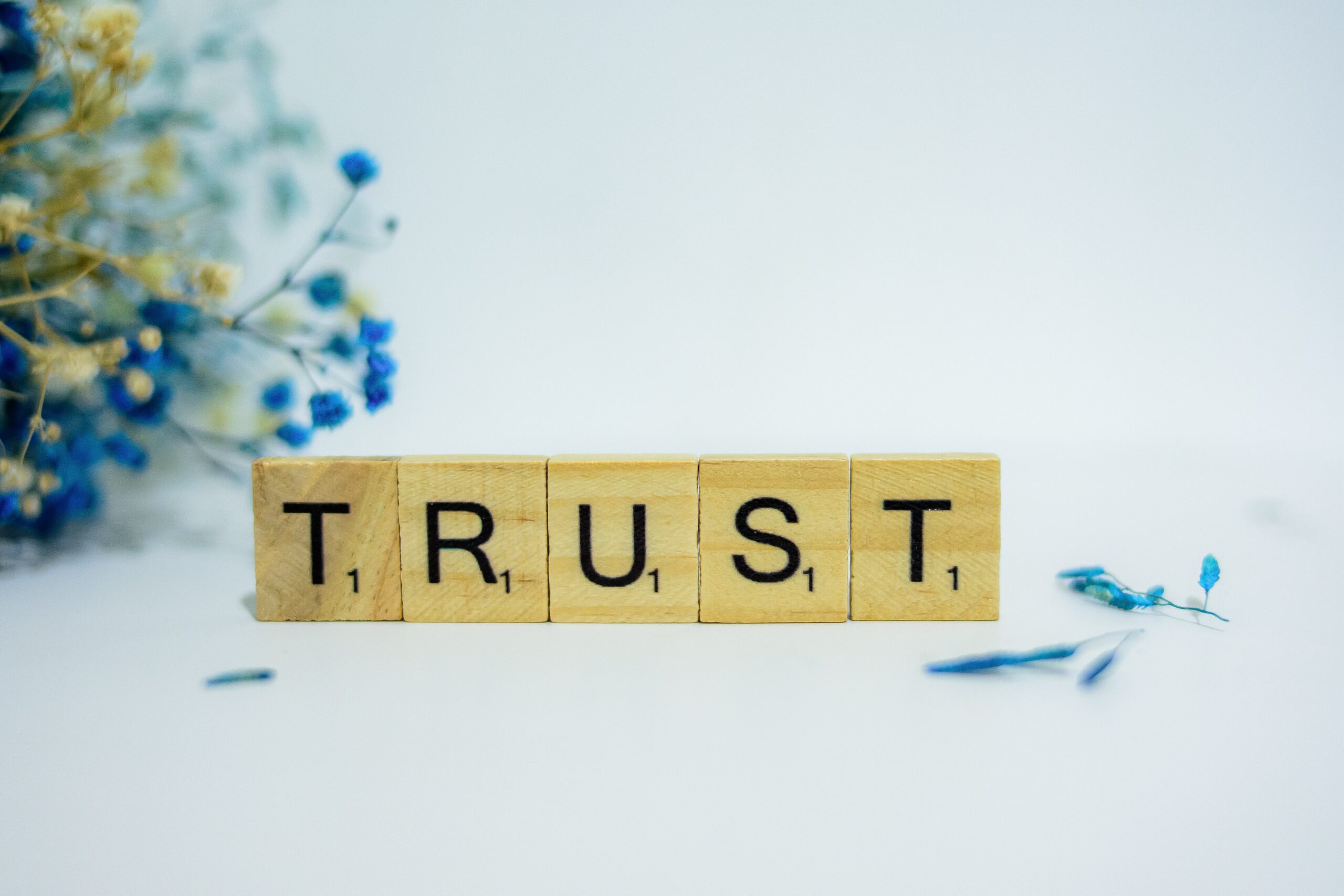If you are perfect, stop reading. There is nothing in this article for you. On second thought, this article is probably more for you than it is for anyone else. (Because no one is perfect.)
If you make mistakes, keep reading.
If you struggle when coworkers screw up, keep reading.
If you are fine working with people who mess up, keep reading.
You have a right to your standards for you, BUT holding other people to your personal set of standards makes working together difficult. We’re all going to mess up. We will all make mistakes.
Become a better coworker by getting comfortable with mistake-making. Yes, I said it! Be a mistake-maker and let others do the same! It is what I call Grant G Factor and it requires granting latitude to be imperfect. It is means giving yourself AND others permission to mess up, screw up, bite it, biff it, or however you want to put it.
Before I tell you how to get more comfortable with mistake-making, I’d like to address three types of people who don’t do it well.
TYPE 1. I’m okay when others make mistakes BUT not okay when I do. Welcome to double-standards! You, friend, are one of those people who hold yourself to a higher standard than you do others. (Ahem … you might be known as an over-achiever, perfectionist, driven performer, sycophant, micromanager, or another not-so-becoming labels). If you identify as this type of person, you might be making others feel like they need to hide their shortcomings and mistakes around you.
TYPE 2. I’m okay when I make a mistake BUT am critical when others do. Welcome to double-standards part deux. No one likes to work with someone who doesn’t walk their own talk. (Ahem … you might be known as a jerk, hypocrite, self-righteous, or unfair to name a few.) If you identify as this type of person, you are likely making others just not want to work with you.
TYPE 3. Mistakes are not okay. Period. Bad news – you’re living in an alternate universe. Good news –you have much room for growth! [Before I go on, I add this disclaimer: I realize in some situations the margin of error must be zero. For example, if you are a surgeon who is tasked with removing a cancerous tumor in my leg, please don’t allow yourself to make the mistake by trying to remove it from my brain.] With regards to the aforementioned disclaimer, I’m not talking about the kinds of mistakes that are physically fatal. I’m talking about other mistakes. Although costly or terribly inconvenient, mistakes are going to happen. Yes, we should do what we can to mitigate risk; however, reality is that mistakes are the result of imperfect action by imperfect humans.
Before I go on, I’m not advocating that you or I make it our professional mission to make mistakes or create opportunities to mess up. There is a fine line between purposefully making mistakes and making mistakes because we are human or because we are trying to determine what won’t work.
Now, here’s how to get better at mistake-making.
6 Things You Can do to Grant YOURSELF Latitude for Mistake-making:
- Reframe your mistake. Think of your mistake as: a learning opportunity, finding a way NOT to do something, and proof of your humanness.
- Be kind to yourself. Once you’ve recognized the mistake and have taken care of it, stop beating yourself up. Forgive yourself – it’s a beautiful thing.
- Stop worrying about how it will make you look. Most people don’t remember the fall from grace, they remember the rise from the ashes. In other words, it’s about how you handle the aftermath that makes the most difference. (If you don’t believe me, check this out or think about that boss or family member you admire and respect even though they have made mistakes.)
- Release the pressure button. Follow this thread. When we are stressed, we tend to make more mistakes that could easily be avoided. It is a short-circuiting in your brain. The more pressure we put on ourselves the more stress we feel. The more stress we feel the less working memory we have. The less working memory we have the less critical thinking and problem solving we can do.
- Change your mindset. Read Carol Dweck’s book Mindset: The New Psychology of Success or watch her TEDTalk.
- Remember, we make mistakes, we aren’t the mistake. Just write that down, post it where you can see it every day, and repeat, repeat, repeat.
6 Things You Can do to Grant OTHERS Latitude for Mistake-making:
- Remember that you are not perfect. Just a friendly reminder here that you too make mistakes. When you are annoyed or critical of a coworker’s mistake, ask yourself, “Self, have you too made a mistake?”
- Own your own mistakes. Be courageous and professional by openly admitting to your own mistakes and being accountable for fixing it. This makes it easier for your coworkers to do the same when their mistakes impact you.
- Ensure expectations are realistic. We are often driven by deadlines, goals, and demands others place on us. Be careful not to project the stress from these areas onto what you expect from others.
- Meet people where they are at. Not every coworker has the same experience or education that you do. This means they aren’t at the same starting point. So, find their starting point and work from there.
- Get perspective. If the mistake won’t put the company out of business, the mistake is already providing opportunity for improvement. Weigh out the consequences of the mistake both short-term and long-term. You will likely find that although the mistake isn’t great, it’s also not earth-shattering. Then challenge yourself and others to move forward.
- Learn and let go. There is always a lesson within a mistake. Take the learning, apply it, and then let any negativity go.
Are you still not convinced that mistake-making can be good? Well, consider these two outcomes of mistakes.
Chocolate chip cookies. Ruth Wakefield, owner of the Tollhouse Inn, didn’t have the ingredients she needed, so she improvised.
3M Post-it Notes. Art Fry needed a solution for his ever-falling-out-of-the-hymnal-pieces-of-paper used to mark songs; thus, the birth of the Post-it Note.
(to read the full stories, click on the image to order G Factor: 8 Secrets to Increasing Your Gravitational Pull at Work, by Jeannette Grace)
When you are afraid to make a mistake, own a mistake, or grant someone latitude to do the same, remember that mistakes are inherently part of innovation and creativity. No one can move forward by doing what they’ve always done. Take some calculated risks and embrace the stumbles; you never know what fantastic outcome you might stumble upon.
We’d love to hear from YOU! What mistakes have you or someone else made that eventually produced a really fantastic outcome? Comment below.
For more information on Grant G Factor: click here Tending Your G Factor.










Leave A Comment